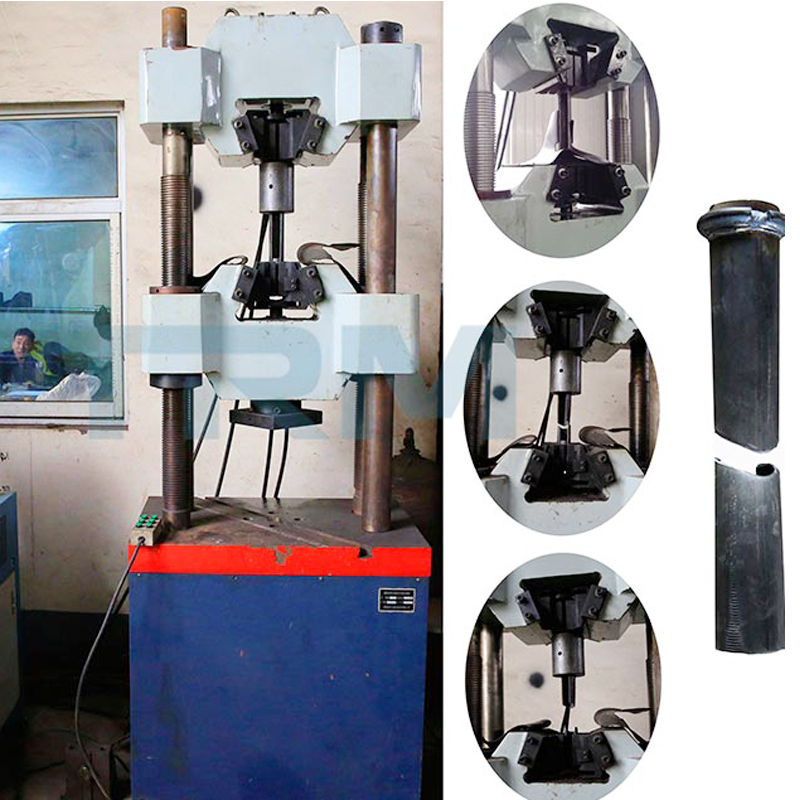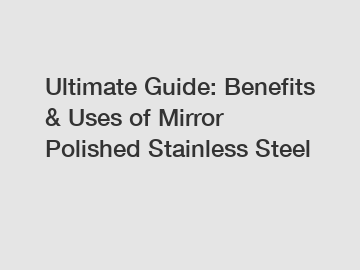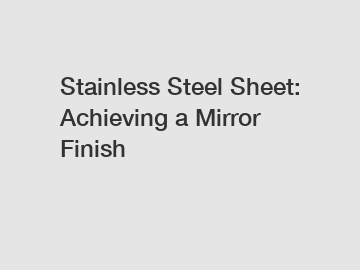What is a pull off test for anchor bolts?
A pull-off test for anchor bolts is a crucial procedure used to assess the integrity and reliability of anchor bolts installed in concrete or other substrates. This test involves applying a controlled tensile force to the bolt until it detaches from the substrate or fails in another manner. The force required for detachment or failure provides valuable data about the anchor bolt's performance and its ability to withstand loads under real-world conditions.
Understanding the Test Process
During a pull-off test, a specialized testing apparatus is employed to gradually increase the tension applied to the anchor bolt. This apparatus measures the force exerted on the bolt and monitors its displacement from the substrate. The test continues until the bolt either pulls out of the substrate, experiences significant deformation, or fails in another predetermined manner.
Significance and Impact
The pull-off test serves several essential purposes in construction and engineering:
Which applications benefit from mechanical grooved fittings?
10 Questions You Should Know about Fits Brand Grinder
4 Expert Tips for Selecting Galvanized Pipe Tees
How to Choose Diamond Contour Blade
The Importance of Investing in Diamond Tools Price for Your Business
4 Tips for Selecting a Galvanized Extension Piece Union
Mastering 4-Way Cross Pipe Fittings: A Guide
Quality Assurance: By subjecting anchor bolts to realistic loading conditions, the pull-off test helps ensure that they meet specified performance standards and regulatory requirements. This is crucial for maintaining structural integrity and safety in various applications, including buildings, bridges, and industrial facilities.
Design Verification: Engineers use the data obtained from pull-off tests to validate the design assumptions and calculations related to anchor bolt selection and installation. This verification process helps optimize the design for efficiency, cost-effectiveness, and safety.
Risk Mitigation: Identifying potential issues with anchor bolts through pull-off testing allows for proactive measures to mitigate risks before they escalate into costly failures or safety hazards. Early detection of inadequate bolt installation, substrate conditions, or material defects enables timely corrective actions.
Performance Evaluation: Pull-off tests provide empirical data on the actual load-carrying capacity of anchor bolts in specific substrates and environmental conditions. This information enhances the accuracy of structural analyses and enables engineers to make informed decisions regarding load capacities, safety factors, and maintenance requirements.
Compliance and Certification: Regulatory agencies and industry standards often require pull-off testing as part of quality control and certification processes for construction projects. Compliance with these standards ensures that anchor bolt installations meet the necessary performance criteria and adhere to safety regulations.
In conclusion, the pull-off test for anchor bolts is a fundamental procedure that plays a vital role in ensuring the safety, reliability, and compliance of structural systems. By subjecting anchor bolts to realistic loading conditions and analyzing their performance, engineers can verify design assumptions, mitigate risks, and optimize structural integrity. This test serves as a critical tool for quality assurance, design validation, risk management, and regulatory compliance in construction and engineering projects.
10 Questions You Should Know about Coupling Pipe Joints
How Does food processing equipment Work?
10 Questions You Should Know about Jianzhi Pipe Fittings
10 Questions You Should Know about Diamond Flush Grind Blades
2B vs. No. 4 Stainless Steel Finish
Subsurface safety systems
Uncovering the Best Water Pipe Fittings: Tips and Tricks for Singapore Residents?










